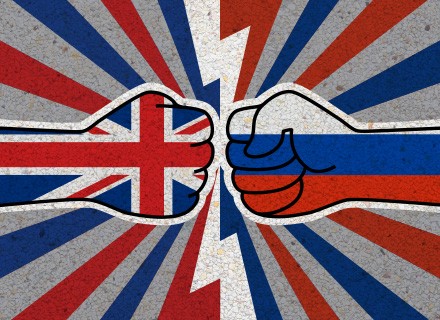For the first time in history, Britain is not importing any energy from Russia as a result of the collapse of trade between the two countries following Russia’s invasion of Ukraine in February.
According to data from the Office for National Statistics (ONS) that were made public six months after the war began, Britain’s imports from Russia fell by 97% in June and amounted to barely £33 million when sanctions went into effect.
As per ONS data, the United Kingdom government had already accomplished its goal of gradually ceasing imports of Russian oil by the end of 2022 and of liquefied natural gas as soon as practicable beyond that date.
The United Kingdom imported fuel from Russia on average in the 12 months prior to the conflict, but this amount has now fallen to zero, marking the first time this has happened since modern records began in 1997.
According to the ONS, the United Kingdom has made up for this by bringing in more refined oil from Saudi Arabia, Kuwait, the Netherlands, and Belgium.
Following the invasion of Ukraine, imports of other Russian commodities, notably vodka, have also completely disappeared.
In addition to significant further tariffs on some items, bans were issued on a variety of Russian products, including iron and steel, silver, gold, high-end goods, and wood products.
Due to the fact that some products, like pharmaceuticals, were excluded from the sanctions regime put in place following the invasion on February 24, exports from the United Kingdom to Russia also dropped dramatically albeit to a lower amount than imports.
Exports, according to the ONS, were £83 million in June, a 67% decrease from the £251 million a month on average over the previous year leading up to the conflict.
Between February and June, exports of the majority of goods to Russia fell precipitously, with industrial and transport equipment exports falling by £118 million (91.3%).
The sole export to Russia that had an increase during this time was chemicals, which saw a growth of £39.1 million (61.8%) in exports of pharmaceutical and medical items.
The ONS stated that self-sanctioning, in which traders voluntarily seek alternatives to Russian goods, is also likely a factor, and that the United Kingdom government’s economic sanctions are “likely to have caused the decreases in imports from and exports to Russia.”

